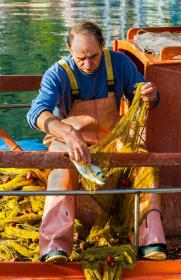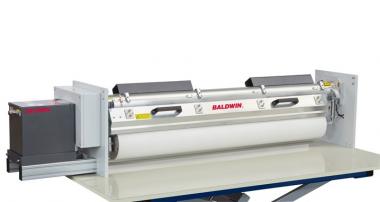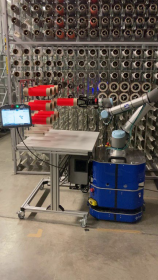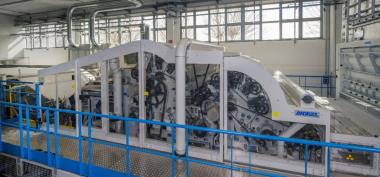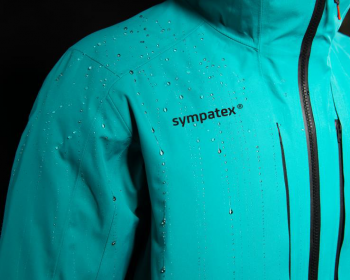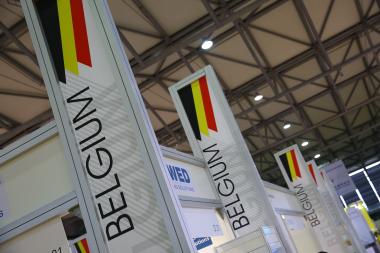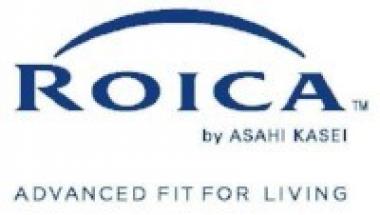Stahl: New waterproof performance coating
Stahl, a provider of speciality coatings and treatments for flexible substrates, has launched the protective coating Stahl Integra® Dry 725, meeting the increasing demand for water-repellant technical fabrics.
Part of the Stahl Integra® toolbox, Stahl Integra® Dry 725 is a fluorine-free coating for water-repellent technical textiles that harnesses Stahl’s proven polymer technology. Stahl has introduced Stahl Integra® Dry 725 in response to the growing market demand for fluorine-free, water-repellent technical textiles, which is projected to reach USD 605.1 million by 2029.
Stahl Integra® Dry 725 offers a balanced performance between repellency, durability and adhesion. Stahl's durable water-repellent (DWR) technology, StayDry, repels water from fabric by modifying the surface tension of fibres. The solution can be combined with other top or back coatings and is specifically designed for technical textile applications such as camping equipment or luggage. As a fluorine-free, waterborne coating that is cured at low temperatures, Stahl Integra® Dry 725 can help reduce environmental impact without compromising on quality.
Stahl Integra® is a modular 'toolbox' of tailor-made, customer-orientated protective coating solutions that simultaneously ensure product quality and superior fabric integrity. This means that specific mechanical functionalities – from flame-retardant and breathable coatings to stay-clean technologies – can be introduced at different stages of the production process to meet specific end-market requirements as needed.
Stahl


